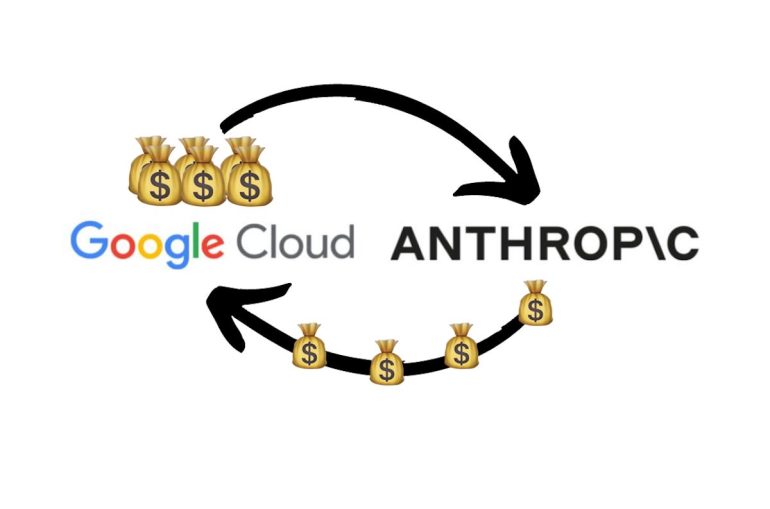- The UK Competition and Markets Authority (CMA) is investigating Google’s investments in AI startup Anthropic.
- The probe is in its preliminary stages, focusing on whether the partnership could lessen competition in the UK.
- Anthropic, founded in 2021, develops AI systems with a focus on safety and transparency.
- The company has raised nearly $10 billion, with Google investing $2.3 billion and Amazon investing $4 billion.
- Regulatory concerns have arisen over big tech companies using strategic investments as a way to control emerging startups without full merger scrutiny.
- The CMA has also examined similar deals, including Microsoft’s investment in Mistral AI and its partnership with OpenAI.
- Stakeholders have until August 13, 2024, to comment on the investigation.
- Anthropic asserts its independence despite significant investments from major tech firms.
Main AI News:
The UK’s Competition and Markets Authority (CMA) has initiated a preliminary investigation into Google’s financial relationship with Anthropic, an emerging AI competitor. This scrutiny comes after Alphabet, Google’s parent company, made substantial investments in the U.S.-based AI startup over multiple funding rounds.
Although the probe is not yet formal, the CMA is seeking input from stakeholders and other relevant parties to determine if the partnership constitutes a significant merger scenario that could potentially reduce competition in the UK market. The decision will focus on whether Google’s investment in Anthropic has created a situation that could substantially lessen competition.
Founded in San Francisco in 2021, Anthropic specializes in AI systems with an emphasis on safety, transparency, and risk management. It distinguishes itself as a public benefit corporation (PBC), positioning itself uniquely among competitors. The company’s flagship offerings include large language models (LLMs) and the chatbot Claude, which rivals similar products like OpenAI’s ChatGPT and Google’s Bard.
Since its inception, Anthropic has secured nearly $10 billion in funding. Google’s investment began with an estimated $300 million last year and was followed by an additional $2 billion. Despite these substantial investments, Anthropic has attracted significant funding from other high-profile investors, including Amazon, which has contributed $4 billion.
This surge in investment activity has prompted regulatory concerns that major tech companies are employing new merger and acquisition strategies to exert influence over emerging innovators while evading rigorous scrutiny. This approach, often termed as a “quasi-merger,” may involve strategic investments or acquiring key personnel without triggering the regulatory challenges of a full merger.
The CMA has been investigating similar transactions, such as Microsoft’s investment in French startup Mistral AI, though it determined that this deal did not meet the criteria for an in-depth investigation. Additionally, the CMA is scrutinizing Amazon’s involvement with Anthropic and is expected to undertake a comprehensive review of Microsoft’s partnership with OpenAI.
Interested parties have until August 13, 2024, to submit their comments to the CMA. The regulator’s final decision will hinge on whether Google’s stake in Anthropic is substantial enough to warrant a formal investigation. If the investment is deemed to be minor and does not grant Google significant control, it might not proceed to a formal phase 1 inquiry.
An Anthropic representative stated, “We plan to fully cooperate with the CMA, providing a comprehensive overview of Google’s investment and our collaborative efforts. Our company remains independent, and our partnerships do not affect our governance or our ability to collaborate with other entities. Independence is crucial to our mission and our ability to serve our users.”
Conclusion:
The CMA’s review of Google’s investment in Anthropic underscores growing regulatory vigilance over how major tech firms engage with and potentially influence emerging AI startups. This investigation reflects broader concerns about the potential anti-competitive effects of strategic investments and quasi-mergers. For the market, this scrutiny could lead to more stringent regulatory measures and affect how big tech companies structure their investments in innovative startups. Companies involved in similar deals may need to navigate increased regulatory oversight and demonstrate that their investments do not undermine competitive dynamics.

